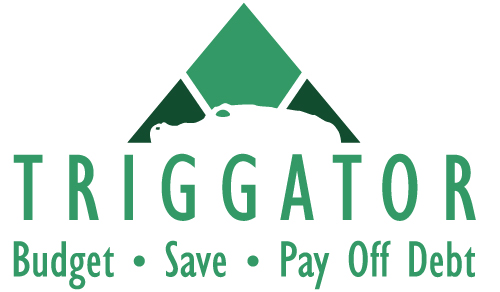Budgeting 101 – How to Start a New Budget
So you just got paid and you want to make sure you hang on tight to those hard earned dollars.
It’s time to create a rock solid budget so your money doesn’t just slip through your fingers.
This article will show you how to start a new budget off right to help you manage your finances better.
At the bottom, you’ll find resources for planning out your budget.
More...
Income
The first section of your budget is always your income.
Include anything coming in from your main employment, a side job, alimony, child support, or any other money that comes in on a regular basis.
You don’t want to include gifts or irregular income in your main budget, but can add it later if you have extra money.
Expenses
List out your monthly expenses.
Be sure to prioritize your housing (including utilities), food, transportation (fuel and insurance), and clothing.
To make your budget balance, you need your expenses (including debts from below) to be less than your income.
Alligators
Huh, say what? Alligators?
Yes, we here at Triggator have identified and expense category we like to call “Alligator Expenses”.
These are the non-monthly expenses that tend to sneak up and bite you and ruin your budget. (See why we call them Alligator Expenses? They ambush you!)
You should know they are there, but because they happen irregularly, you might tend to forget about them.

These are expenses like
- Birthdays
- Back-to-School
- Christmas
- Car Maintenance
- Annual Memberships
- etc.
If you aren’t sure, you could look back through bank or credit card statements in the past year to see what you had to pay for and when.
Once you know what your Alligator Expenses are, add them to your monthly budget. You do this by dividing how much you need by how many paychecks you have.
For example:
Car registration $120
Ten paychecks until it’s due. (We’ll assume you get paid twice a month for this example.)
$120 / 10 = $12
If you save $12 per paycheck, you will have enough for your next car registration.
See how this works? It’s a total game changer for your budget. This keeps a true accounting of what needs to be paid for and is a simple way to save up for bigger expenses.
Add $24 ($12 from two paychecks) to your monthly budget for your car registration.
Debt
Next identify your debts. Credit cards, car payments, student loans and even Uncle Bob if you owe money to a family member.
If you want to focus on paying it off faster, organize your budget so you which bills are debt.
Put them in order of the lowest debt owed to the highest debt owed.
If you have money left over when you complete your budget, you can pay it toward the lowest debt. This will give you a quick win and help you pay off debt faster using the debt snowball method.
Savings
Last, but certainly not least is your savings.
If you want your savings to last, put a name on the money. Or in other words, assign specific amounts of money to a specific savings goal.
Some of your savings goals might include
- Emergency – You should have at least $1,000 but ideally 3-6 months worth of expenses saved or emergencies
- Alligators – Put money for Alligator Expenses into it’s own savings account. That way when the expense shows up, you’ll have money to cover it.
- Vacation
- Retirement – this may already be coming out of your paycheck in the form of a 401k or ROTH IRA payment
- Anything else special you are saving for
Miscellaneous
Even with everything you’ve prepared, there may be some things you still forgot about, or were unforeseen. (Like getting invited to a baby shower when you didn’t know So-and-So was expecting.)
You may also want a little bit of wiggle room to splurge on something that’s not usually in your budget.
This should be a small amount of money. Especially if you are trying to pay off debt. Most of your left over money should be going into paying off debt or savings.
There you have it. Everything you need to build a budget.
Feeling overwhelmed?
Triggator offers a unique budgeting solution using an online app. It will help you manage your money each paycheck, plan for Alligator Expenses and follows the debt snowball formula to pay off your debt as fast as possible.
